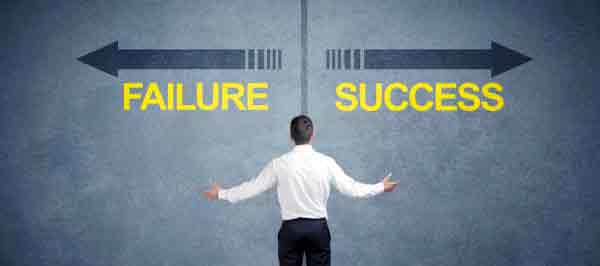The word reason refers to the collective endeavor of people to construct meaning. Collectively, people exchange ideas and opinions to make their opinions more accurate and reliable. In the act of decision-making, it is legitimate for people to ask for reasons when they claim to be knowledgeable. The reason is found in all aspects of our lives, from everyday problem-solving to higher-level fields of knowledge. The use of reason in decision making and problem-solving reduces the subjective nature of decision-making, resulting in logical reasoning.
Fair process
The fairness of a decision depends on the process used to make it. In addition to being a transparent and ethical way to make decisions, a fair process promotes engagement and clarity. Ultimately, this will lead to better relationships, smoother implementation, and overall better outcomes. Fair processes are built on four key elements: identifying the decision maker, inviting input, explaining the decision, and defining expectations. Each element provides helpful guideposts for every decision you make.

Prospective and retrospective rationalizing
A good rational decision maker does not seek to justify their past actions, but anticipates the future consequences of their choices. They also seek to maximize their desired outcomes by evaluating alternatives. While retrospective rationalizing may be less efficient, it is consistent with the process of prospective rationalizing. However, both types of rationalization involve a certain degree of irrationality. It is important to distinguish between these two methods, Check out this site.
Avoiding making decisions based on emotions
The most effective way to avoid making decisions based on your emotions is to be mindful of the feelings you are experiencing. Feelings can be hard to pinpoint, but they can also lead to disastrous decisions. Instead of allowing your emotions to drive your decision making, try to stay aware of them. Here are some tips to avoid making decisions based on your emotions:
Conclusion:
While the relationship between reason and emotion has long been debated, recent research indicates that there may be some positive aspects of emotional decision making. These feelings are fast and reactive compared to rational decision making. They are also largely unconscious, and may be useful in situations of danger or minimal importance. In these instances, the interaction between reason and emotion can be advantageous. If you are interested in the role of emotion in decision making, read on to discover some of these benefits.



